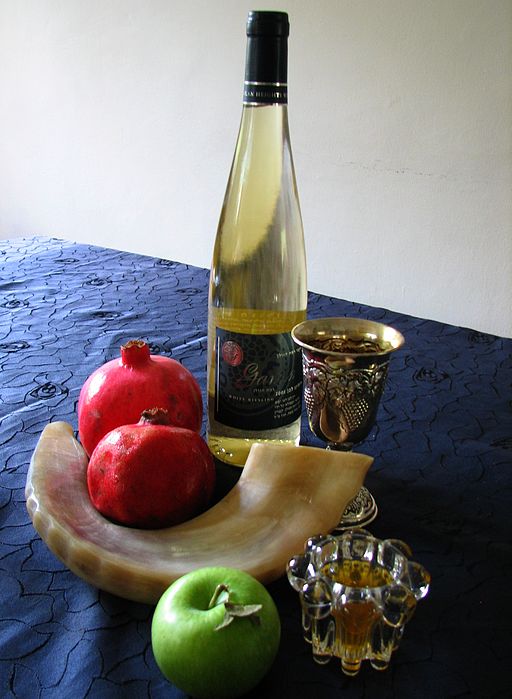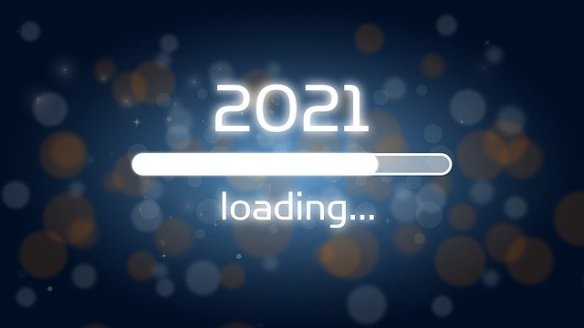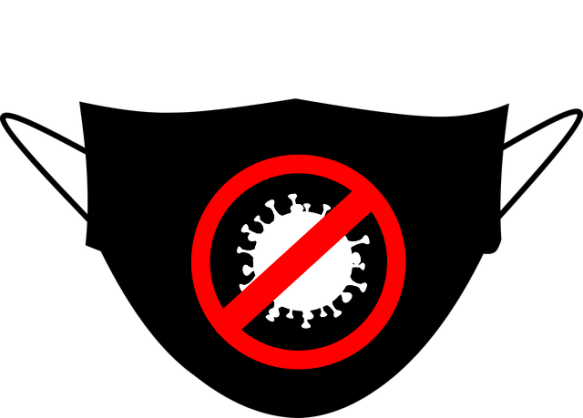Ordinarily on Tuesday mornings I post about my genealogy research. I have such a post ready for today, but decided that I needed or wanted to write about the present, not the past, today. Often when I am researching a relative from the past, I wonder how they coped, what they felt, what they thought during some personal or public crisis—during wars, the Holocaust, the Depression, the flu epidemic of 1918, and so on. Today I thought I would share with my future descendants answers to those questions for me and my family regarding the current pandemic.
First, let me say that so far everyone in my immediate family has been symptom free. We may be infected, but we have no way of knowing at this moment. My grandsons, my daughters, our son-in-law, my husband, and I are fine. So far. And our extended famiy members and our friends are also fine. So far. Most importantly, my vulnerable 89 year old mother is safely locked down in her wonderful and loving assisted living facility. It’s terrible that I cannot visit her, but it’s also the smart and ethical thing to do. And we have all been able to Skype with her—which she seems to love. As long as she knows we are here and thinking of her and have not just walked away, I can sleep at night knowing she is safe. So far.
Of course, all those “so fars” are what makes much of this so nerve-racking. No matter how strictly we stay isolated away from others and how often we wash our hands, no one is suggesting for a minute that we won’t all end up getting the virus. All they are saying is that doing these things will slow down the progress of the spread so that doctors and nurses and hospitals will be more able to handle the flood of cases. So am I anxiety-free? Hardly. Is anyone?
On the positive side, I am just so proud and impressed by my daughters. Our younger daughter has had a terrible week in so many ways. She’s been training for the Boston Marathon for months, only to have it postponed until September. She was supposed to go to Florida for five days. That trip was canceled. And yesterday she learned that because all the restaurants in Massachusetts have been ordered to close, she will be out of work until they can re-open. Yes, each of these disappointments upset her, but with her usual optimism and strength, she has quickly rebounded and found the positive. She noted that running in September means she can celebrate her birthday when we are all in Boston to watch her cross the finish line. She has been surrounded by love and support from her incredible network of friends and her family and feels so grateful to them all. And when confronted by the reality of losing income for some unknown period of time, she remarked with her characteristic wit, “Well, with all the restaurants, bars, and stores closed, I will be spending a lot less money anyway.”
There have been lots of disappointments. My grandsons were looking forward to a trip to St Martin with their parents. Canceled. Grandparents Day at their school. Canceled. A performance by our older grandson. Canceled. But they also have taken these disappointments in stride—upset, but accepting the wisdom of those decisions. Our son-in-law celebrated his birthday this week—no fancy dinner out, no celebration with friends. But he found joy in being home with his family, sharing a homemade cake. If you look closely at each disappointment and how we respond, you will find that love and gratitude will quickly help you forget that disappointment.
Our older daughter has taken on the role of being our protector. Weeks ago before we were getting any really clear guidance from the government, she was warning us that we should not go to Florida in March as we had planned. She begged, pleaded with us, not to go. But we, being the stubborn teenagers in this scenario, pooh-poohed her concerns. After all, we consulted four doctors (yes, really. Four different doctors.), and all told us we shouldn’t cancel the trip, that we would be fine. Our daughter was apoplectic. The night before we left (yes, we did go), I couldn’t sleep. I knew she was right. But we went.
We practiced as much self-isolation as we could. We didn’t see people. We walked, and we sat on the beach. We didn’t eat in restaurants unless there was outdoor dining. But after four days of anxiety, we decided it was just too much. There were rumors that all domestic flights would be canceled. So we left. We came home. Our daughter had been right all along.
I don’t want to make this political, except to say that I wish that my two daughters were in charge of our government. Where is the compassion, the honesty, the directness, the sense of hope tempered by the sense of urgency and wisdom that we all have needed since January when the first news of the viral spread in China was published?
So now we are home. We are trying not to panic. We are not hoarding toilet paper or food or water. We have what we need. So far. We are staying in touch with our family and our friends. We are grateful for modern technology, which allows us to see each others’ faces, hear their voices, read their words. We are reaching out to others, and others are reaching out to us. That part feels good.
But the physical isolation is hard. How I wish I could hug and kiss my daughters and my grandsons. And my mother. I am worried about them all, and I am worried about my friends. And yes, I am worried about my husband and me. I know the worst is yet to come. And no, I am not ready for it. But we have no choice.
Stay home, everyone. Be wise. Be compassionate. Do the ethical thing, and keep away from others as much as and as best you can. Find love and gratitude even in these dark days.























